
This article was originally published on Christian Post - Living. You can read the original article HERE
As the calendar ushers in fall, now is the perfect time to visit Europe.
That’s because the weather is still pleasant, and crowds are noticeably thinner.
The following three places are listed in no particular order.
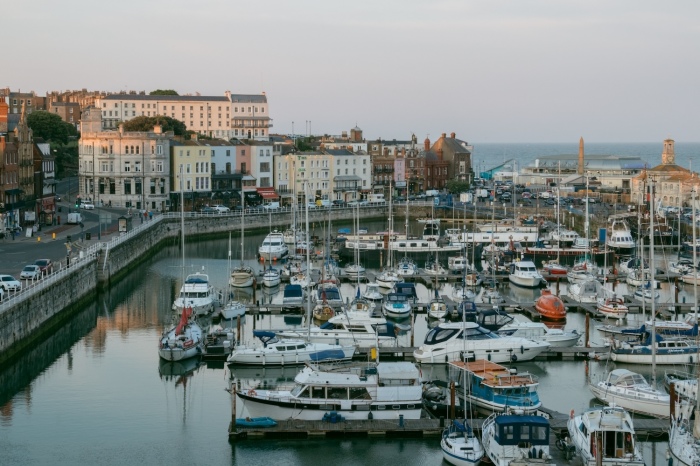
Ramsgate, England
Ramsgate was one of the earliest English tourism destinations in the 1800s, when the modern-day vacation was in its infancy.
In recent decades this seaside town has lost its mass-market appeal as Brits seeking sun and sand are more likely to choose a resort somewhere in Portugal and Spain. Their loss is everyone else’s gain.
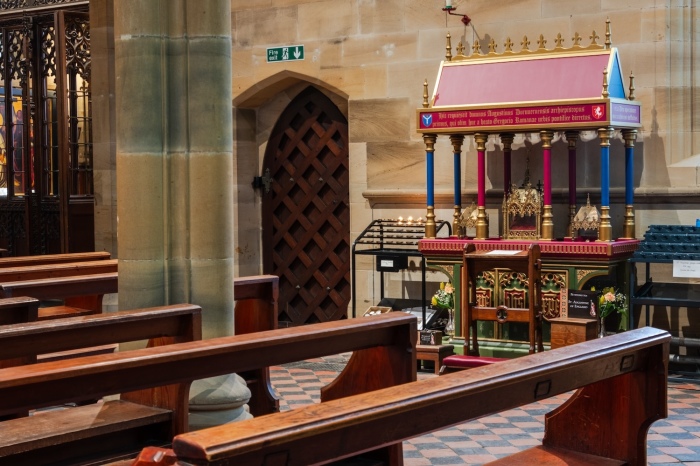
While the surrounding county of Kent is chock-full of history, including the spot where St. Augustine landed in 597 on his mission to bring Christianity to England, the draw for readers of this column is Gothic revival architecture.
Nineteenth century architect Augustus Welby Northmore Pugin, whose works included the iconic Palace of Westminster in London, called Ramsgate home. It was Pugin who made Gothic revival with its telltale pointed-arch virtually synonymous with churches. His home, The Grange, sits right next to the Pugin-designed Roman Catholic parish church, which has been designated as the Shrine of St. Augustine and the National Pugin Centre. The shrine church also houses a small relic of Augustine.
Stay at The Grange, an upscale vacation rental that can be booked through the Landmark Trust.
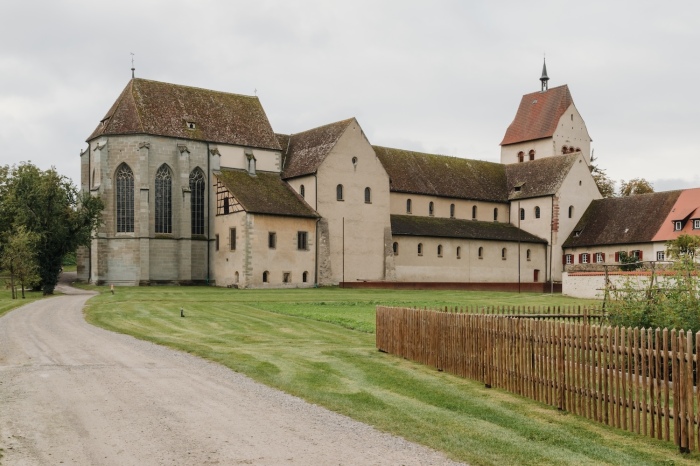
Reichenau Island, Germany
Located in the southwest German state of Baden-Württemberg, this island in Lake Constance has had a Christian presence since the year 724, when a Benedictine monastery was founded by itinerant Bishop and later St. Pirmin.
What Pirmin founded became the Imperial Abbey of Reichenau within the Holy Roman Empire. Visitors to the abbey, which is commemorating its 1,300th anniversary all year, can see two relics: the bones of St. Mark the Evangelist and a pitcher from the wedding at Cana.
Also on Reichenau Island, which some might know for its wine-producing vineyards, is St. George’s Church. The Romanesque church was built by the archbishop-elector of Mainz after he received the skull of St. George from the pope in 896. Inside, one finds a nave lined with wall paintings. Dating to 1000, the eight paintings depict biblical miracles performed by Jesus.
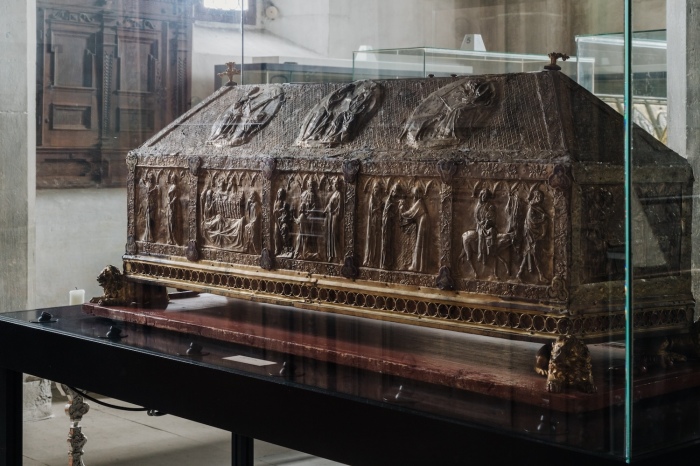
In nearby Constance, which sits on Germany’s border with Switzerland, a special exhibition on the 1,300th anniversary runs through Oct. 20 at the Baden-Württemberg State Archaeological Museum. Also in Constance is Constance Minster, which hosted the Council of Constance. The pre-Reformation council, held from 1414 until 1418, was presided over by the Holy Roman emperor and, among other things, settled the schism that resulted in competing papal claimants, affirmed papal supremacy and condemned early Reformer Jan Hus to death by burning at the stake.
Stay at Hotel St. Elizabeth, a hotel on the grounds of a modern-day monastery belonging to the Sisters of Mercy of the Holy Cross, a Roman Catholic religious order.
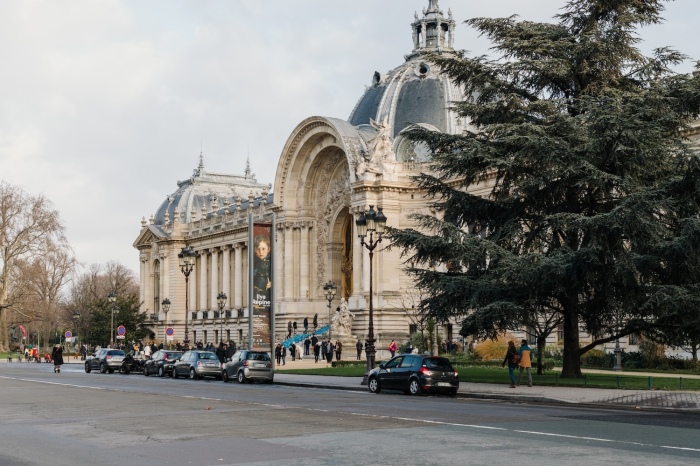
Paris, France
One never needs an excuse to visit Paris.
Skip the Louvre Museum, as it’s too much to see during a short visit. Plus, the crowds can be awful — even during the fall shoulder season. Instead, visit the City Museum of Fine Arts at the Petit Palais. The building, an incredible example of beaux-arts architecture, was purpose-built for the 1900 Paris Exposition. Admission is free.
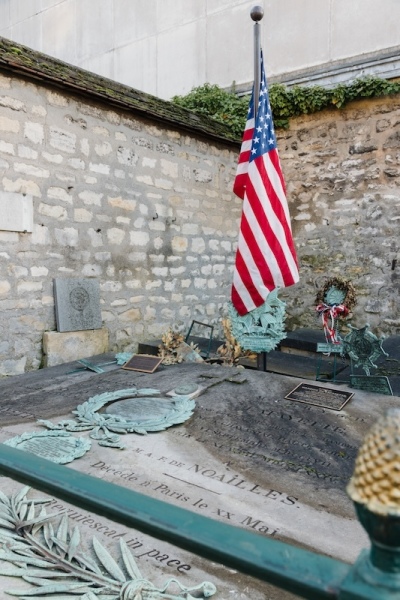
Then there’s the Cluny Museum and City Museum of Architecture and Heritage. The Cluny’s collection includes medieval religious art while the City is notable for full-scale plaster casts of facades and other architectural details from centuries-old churches and cathedrals across France.
Be sure to visit the grave of the Marquis de Lafayette, a hero of the American Revolution. He is buried at Picpus Cemetery. Through 2025, the bicentennial of Lafayette’s return to America in 1824 and 1825 is being celebrated across the United States.
On a side note, one of the biggest events in Paris this year is the December reopening of Notre Dame Cathedral. The medieval Gothic landmark has been closed for extensive restorations since the 2019 fire.
Stay at The Presbytery Hotel (Hôtel Le Presbytère), which occupies the former presbytery or parsonage belonging to the parish Church of St. Merri.
Dennis Lennox writes a travel column for The Christian Post.
Dennis Lennox writes about travel, politics and religious affairs. He has been published in the Financial Times, Independent, The Detroit News, Toronto Sun and other publications. Follow @dennislennox on Twitter.
This article was originally published by Christian Post - Living. We only curate news from sources that align with the core values of our intended conservative audience. If you like the news you read here we encourage you to utilize the original sources for even more great news and opinions you can trust!











Comments